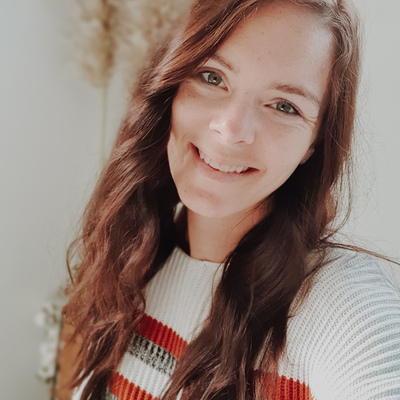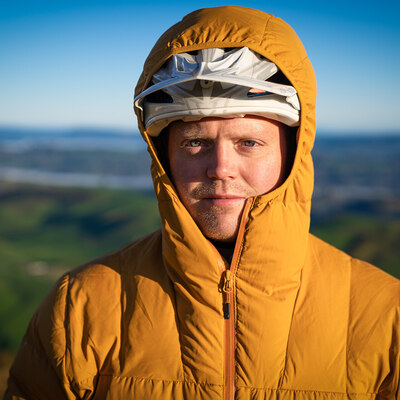For individuals with a knack for capturing stunning visuals through the lens, a career in photography offers a blend of artistic expression and viable income. But how much do photographers get paid? In South Africa, the photography industry is as diverse as it is promising, with various avenues for professionals to earn based on skill, specialisation, and experience.
This guide delves into the nitty-gritty of photography salary expectations in South Africa, offering a realistic overview of what photographers can expect to earn throughout different phases of their careers.
Salaries in the photography industry can vary widely based on the aforementioned factors. However, understanding the potential earnings at various career levels can provide a useful benchmark:
The average annual salary of a Photographer in South Africa is: R163,500
A photographer's earnings are shaped by several factors, such as:
Earnings in photography are heavily dependent on the area of specialisation, with each niche bringing different financial prospects:
The choice between freelance and full-time photography careers is pivotal, each offering unique benefits and drawbacks.
Understanding the nuances of each working style is crucial in shaping a photography career that aligns with your financial goals, lifestyle preferences, and creative ambitions. Whether you choose the independence of freelancing, the stability of full-time work, or a blend of both, success stems from delivering high-quality work, continuous learning, and effective networking.
To thrive financially in the competitive field of photography, professionals should consider several growth-oriented strategies:

I have absolutely loved this course.
The Photography Institute has been an ideal course for me to complete as a working mum because it's not too lengthy.
However, I have gained so much knowledge and understanding of not only the art of photography itself but also what my own photography style is. I intend to pursue the advanced modules available in the future to further build my knowledge and skills as a photographer.
My tutor Justin has been an amazing support with helpful feedback on each of my assignments and would answer any questions I had regarding either the assignment or other photography-related questions.
I would highly highly recommend this course to anyone who wants to gain more knowledge and understanding of what really goes into the art of photography or to anyone who wishes to pursue a career in photography.
I believe my skills as a photographer and sole trading business owner will continue to grow and improve because of this course. Thanks guys!!
Aleisha Gerbes
@aleishabaty.photography

I signed up for this, not expecting much. I already had regular work in the industry, I had been shooting fully manual and was happy with my work, but I signed up anyway.
I managed to complete the course in 11 months while working 2 jobs on top of the photography work that was coming in, along with helping with a newborn baby in the house and a 3-year-old.
Now, after completing the course, I can say that I have learned lots. I have much more confidence approaching prospective clients, I have a lot more confidence in my work, and I learned a lot more about my camera and efficient ways to get better results. I am really delighted I did the course, and I am now looking at the advanced modules.
All I can say is if you're hovering over the button, sitting on the fence, wondering if you should sign up or not, do it. It's not something you'll regret.
Darren Stanley
@darren1stanley

This course has changed my life.
I have not only enjoyed the actual material itself, but I also learned to discuss the topics and get feedback from George Seper, who was thoughtful, very helpful and direct. It kept me moving forward on the right path, and now the hard work begins where I am going to take my journey towards becoming a professional photographer.
The motivation and the ease of using the system to move forward made it so very easy for me to get through the course. I wouldn't have changed this experience for anything! Thank you so much, Photography Institute and George. This was the best investment in myself and my passion that I could have made!
If anyone is looking at this course and not sure, I say that there is no better place to come to get the knowledge you seek!
Philippe Durand
higaralight.ca / @higara.light
Pursuing a photography career in South Africa offers both creative satisfaction and financial prospects. Although the industry is competitive with varied salary scales, photographers who continuously hone their craft, strategically market themselves, and network effectively can enjoy a prosperous career.
Are you ready to transform your passion for photography into a successful career? Discover our course and resources, tailored to equip you with the advanced skills, industry insights, and professional network needed to thrive in the industry. Start your journey today.